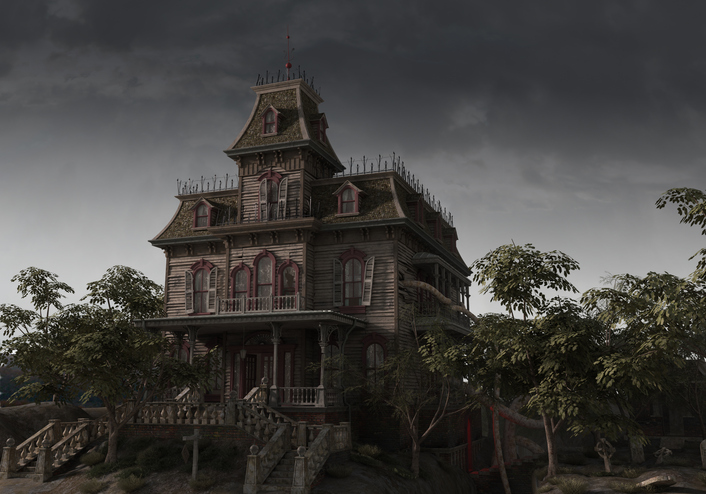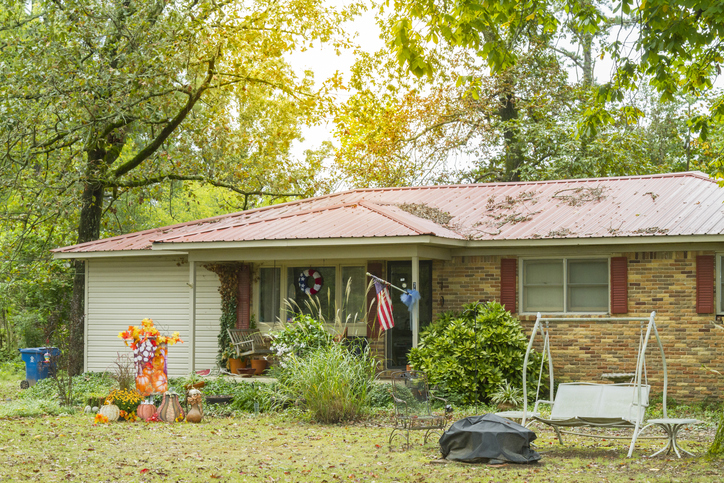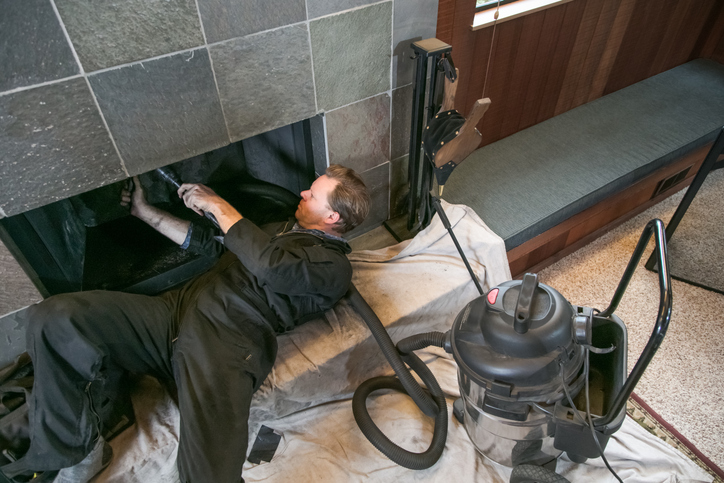Recent amendments to Manufactured Home Community Act


The amendments provide greater protection to residents of a manufactured home community which intends to close. Prior to the amendments, the notice period required was, generally, a month. Under the new law, the community owner must give the residents at least six (6) months notice that the community is closing.
In addition, the manufactured home community owner must pay relocation expenses to the owner of any manufactured home in the closing community for the costs of relocation ($4,000 – $6,000) or, if the resident is unable or unwilling to move the home, the greater of $2,500 or the appraised value. The appraised value must be provided by a certified residential real estate appraiser with substantial experience in appraising manufactured homes and who is agreed to by the owner and the resident. If the parties cannot agree on an appraiser, each party can select an appraiser who will then mutually agree to a third appraiser to perform the actual appraisal. Each party will pay one-half of the cost for the appraisal.
The amendments also require that, upon the sale or lease of a manufactured community, the owner must provide written notice to residents of the community and to the Pennsylvania Housing Finance Agency. The notice must be sent no later than 30 days from execution of the agreement of sale and posted in a conspicuous manner readily accessible in the manufactured home community. Within 30 days after transfer of title, the new owner must notify the residents of the manufactured home community of the name of the new owner and contact information for either the new owner or new operator of the community. The notice must be mailed to each resident and posted conspicuously in the manufactured home community.
The amendments redefines an “abandoned mobile home.” A manufactured home will be considered abandoned only after either: 1) judicial process (explained below), or 2) voluntary abandonment evidenced by a written statement signed by the resident. The statement must detail that the resident has physically vacated the home, does not intend to return and gives up any further rights or ownership interest.
Absent a written statement of abandonment, a manufactured community owner or operator seeking to remove an abandoned manufactured home must make a filing with the Magisterial District Court for a determination of abandonment. The manufactured home community owner or operator must meet three requirements: 1) obtain a judgment for possession of the real estate lot rented by the resident; 2) an execution of the order for possession and 3) a judicial determination by the Magisterial District Judge of abandonment. The determination by the court of abandonment is based upon a showing by a preponderance of the evidence of the resident’s absence from the home for at least 30 days and non-payment of rent for at least 30 days from the date the rent was due. The court will also need evidence of other factors such as termination of utilities, cancellation of insurance, removal of personal belongings from the home, and other indications of abandonment
After the judicial determination of abandonment, the manufactured home park owner or operator may secure the manufactured home, disconnect utilities, and, after 60 day notice, move the manufactured home to another location in the community. The notice must inform the former resident of the new location of the manufactured home, served by mail and by posting conspicuously on the home. The law then provides a process which includes notice to the former resident for the disposal of the manufactured home. The notice regarding the disposal must be given to the former resident and any lien holder via certified mail, return receipt requested, or receipted first class mail to the resident’s known address and posted in a conspicuous location in the manufactured home community. The exact wording that must be contained in the notice is specified under the law.
PAR members who are involved in managing, operating, selling, or leasing in manufactured home communities are encouraged to consult with legal counsel about the mandates and specifics of the recent amendments. The amendments provide park residents with remedies under the Unfair Trade Practices and Consumer Protection Law for certain violations of the Manufactured Home Community Rights Act.
Topics
Share this post
Member Discussion
Recent Articles
-
Seller Disclosures Unmasked: The Spooky Truth Behind What You Need to Share
- October 25, 2024
- 4 min. read
Seller’s Disclosure Law is all about making sure no one gets tricked by unexpected “treats” in their new home. However, there are several instances where a seller does not have to disclose certain information.
-
Nearly 70% of Homeowners Feel Secondhand Embarrassed by Neighboring Yards
- October 24, 2024
- 2 min. read
A large majority of homeowners expressed negative feelings toward their neighbors’ home upkeep and yard maintenance habits.
-
Winter Maintenance: Chimney and Heating Tips
- October 23, 2024
- 3 min. read
Experts share their insights and advice for the maintenance of chimneys and HVAC systems.
Daily Emails
You’ll be the first to know about real estate trends and various legal happenings. Stay up-to-date by subscribing to JustListed.



